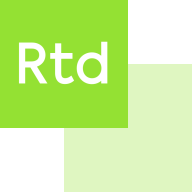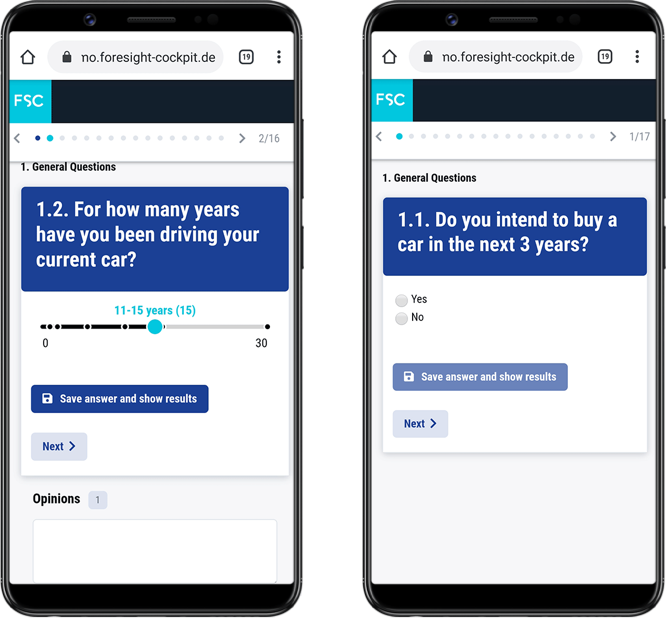Real-Time Delphi
Our real-time delphi process
-
1Define research designFormulate questions, create evaluation criteria (optional).
-
2Choose expertsInvite experts to the RTD according to the research design.
-
3Perform the rtdStart RTD and query the findings and assessments of participants.
-
4Remind participantsRemind participants of (multiple) participation and motivate them.
-
5EvaluationVisualise, evaluate and share results with relevant stakeholders.
What is real-time delphi?
Foresight Strategy Cockpit Real-Time Delphi
Configure questionnaires easily
Our RTD not only supports the evaluation of entities, but also offers participants the opportunity to write, evaluate and comment on arguments (Dynamic Argumentative Delphi).
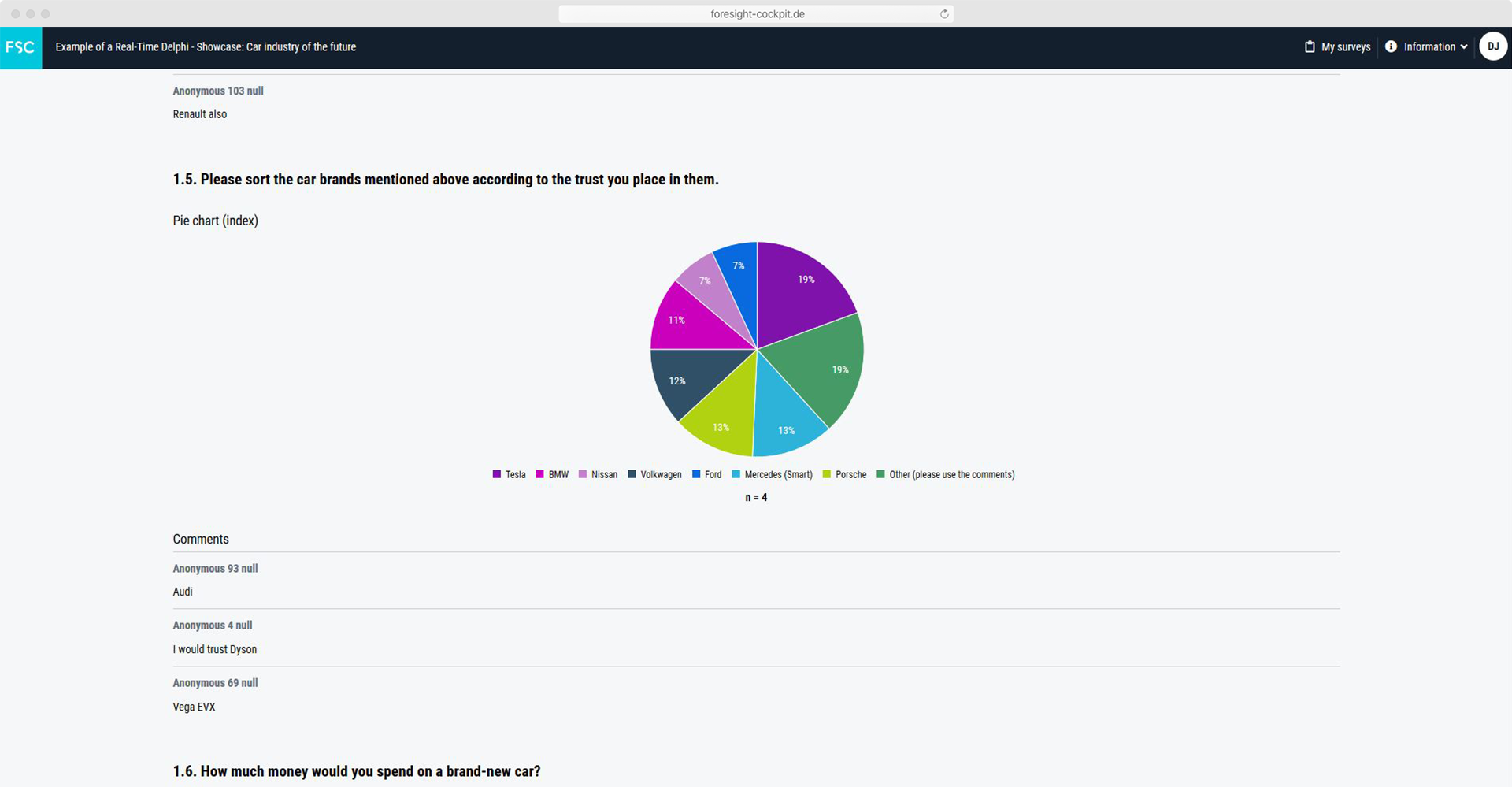
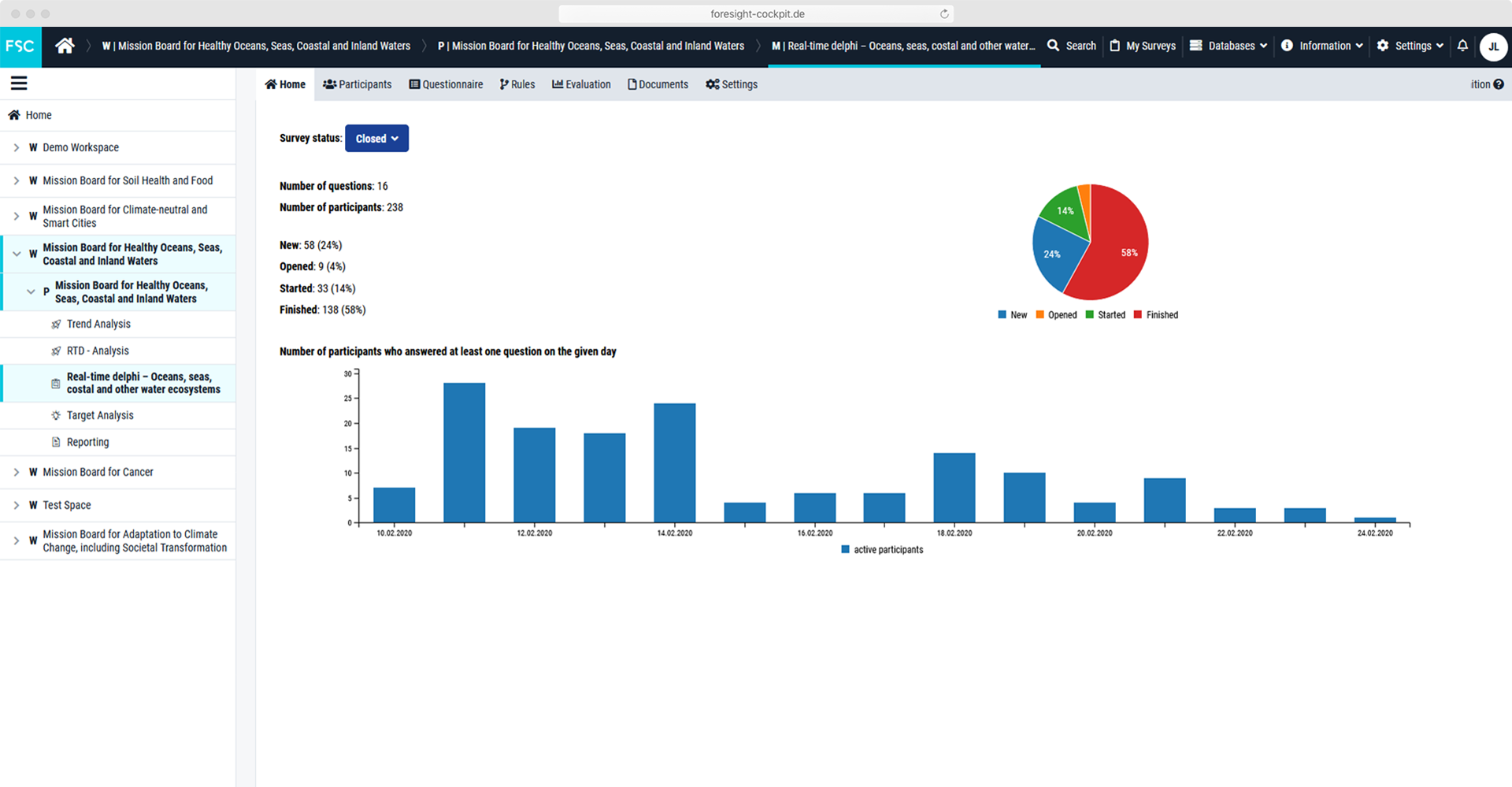
Evaluation in real-time
Designed for your team to create futures
Summary
Customised questions and the opportunity to exchange opinions serve as the basis for the collection of anonymised data. The questionnaires can be designed dynamically to capture special and complex issues as accurately as possible. By evaluating the survey in real-time and enabling visualisation of the data, findings are readily available and can be processed further. Surveys targeting future-related topics provide information on the prospects for the future, uncover existing problems and provide orientation with regard to anticipated developments, both considering risks and opportunities.
With the help of future-oriented technology and the use of efficient tools, companies can stay in line with the times. The survey brings together a range of expert opinions and provides a snapshot of current developments and events. Consequently, several scenarios can be run through based on the collected data in order to take action to shape the future in a desired way. In all cases, the objective is to use the survey to develop and manage a scenario that is as plausible as possible.
This enables companies to react quickly to new trends. Most importantly, this can provide significant advantages over other companies in terms of their competitive edge.
Frequently asked questions and answers
Software such as the Foresight Strategy Cockpit can help to perform Real-Time Delphis, as it provides all standard functions in a clearly structured manner. Our Real-Time Delphi has all the classic question types of social research, from free text questions to matrix questions to drag-and-drop ranking. Trends, risks, ideas, actors or technologies from existing foresight processes can also be evaluated, commented on and discussed concerning individual evaluation criteria. If required, participants can self-assess their own expertise for each question.
The Real-Time Delphi (RTD) is a refinement of the previously much-used expert survey. It is designed to dynamically capture and analyse the fast-paced changes in society. The data collected by the questionnaires can be evaluated in real-time and visualised in compelling reports. The topics for the surveys can be chosen as required.
Using this foresight method, companies receive direct and real-time feedback from their respondents. Through Real-Time Delphis, companies obtain up-to-date insights on trends and developments. In the tailored questionnaires, specific emphasis can be put on topics and any trends that are deemed relevant for the company. Beyond this, an immediate evaluation makes it possible to respond in a specific and customer-oriented way. As a result, a competitive advantage can be created that is sustainable and highly promising.
The Real-Time Delphi is a method that is well suited to the foresight practice as, rather than overnight, changes tend to occur in the form of gradual processes. In this way, trends can be identified at an early stage and the insights obtained can help to accurately evaluate upcoming changes. Collating the different opinions and views of the participants effectively conveys the thinking of the wider audience. With the help of this foresight method, companies have the opportunity to act in time before the competition does. Interim results serve as a basis for developing ongoing strategies. These can be expanded and further developed through subsequent surveys. As a result, the problem of relying on promising future developments and the resulting risk of pursuing the wrong strategy is kept to a minimum.
